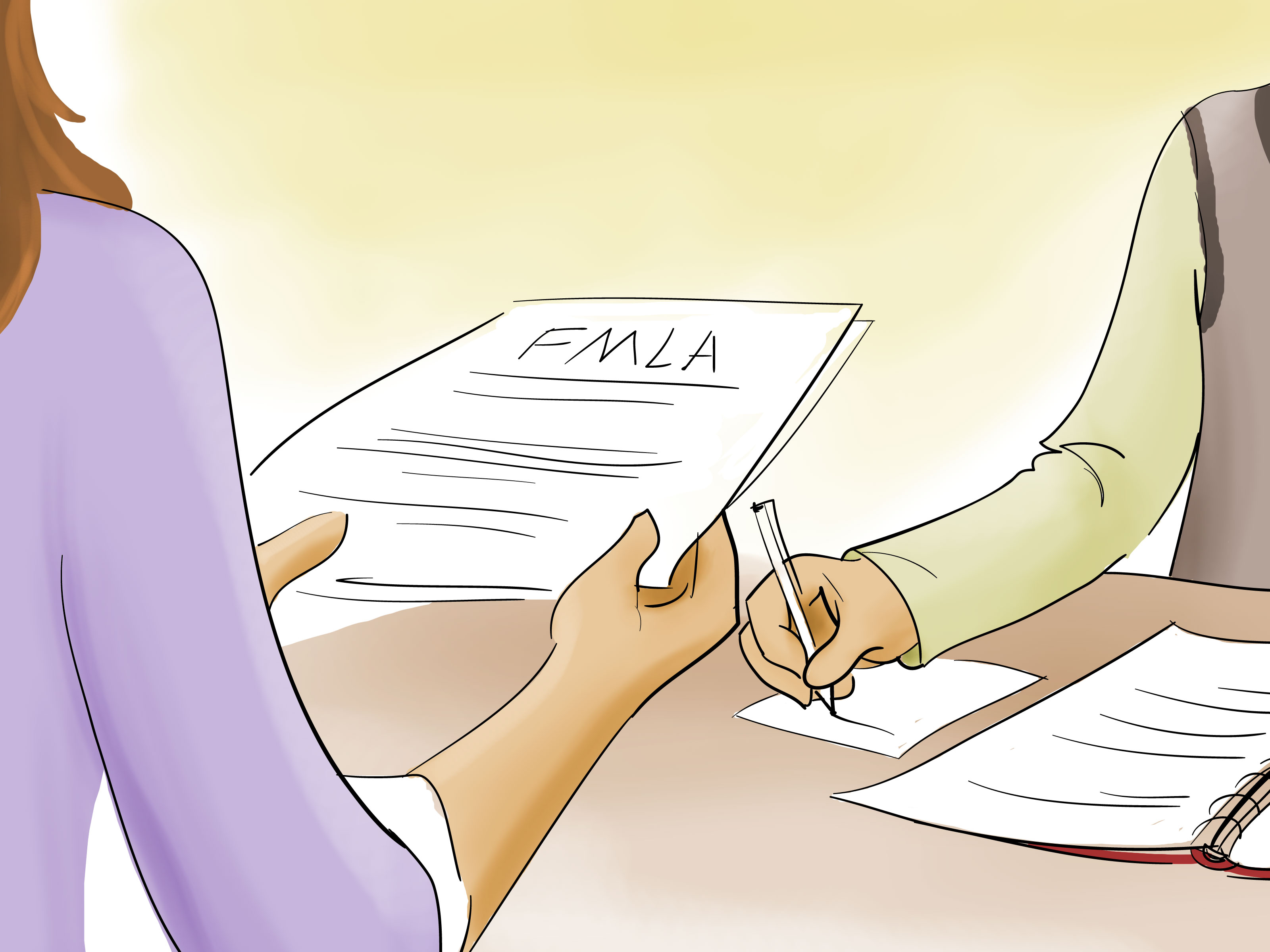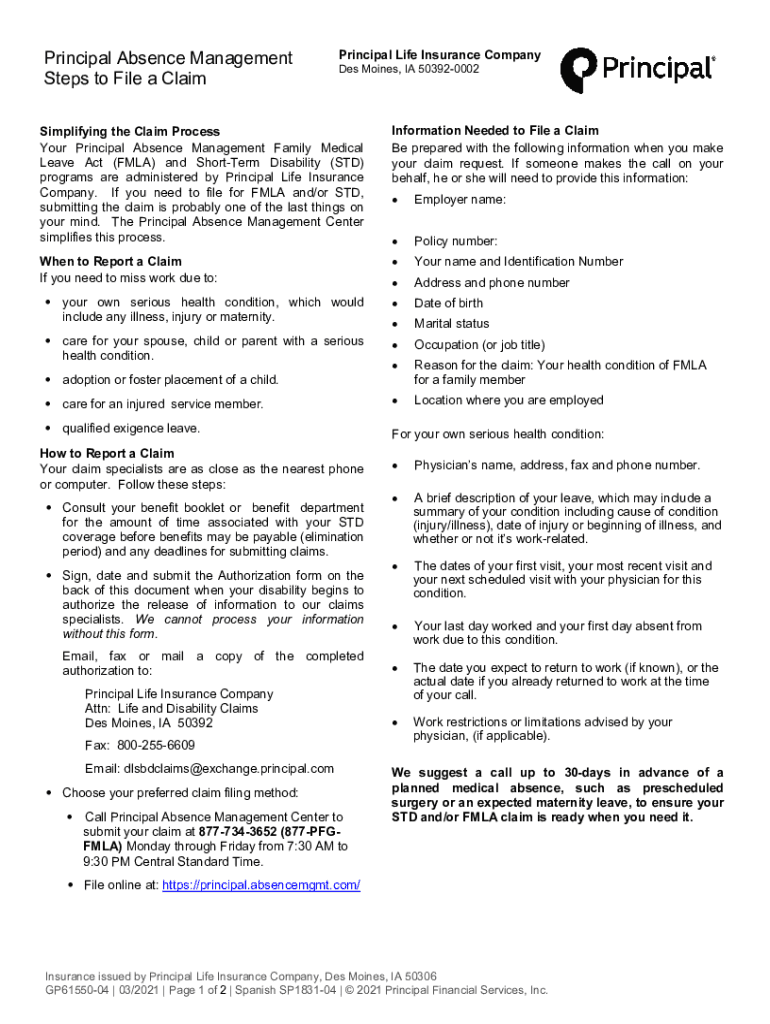FMLA Paperwork Submission: A Step-by-Step Guide

Navigating the Family and Medical Leave Act (FMLA) can seem daunting at first, but with the right approach, it becomes a manageable task. FMLA provides eligible employees with the right to take unpaid, job-protected leave for specified family and medical reasons, ensuring peace of mind during critical life events. Here’s how you can submit your FMLA paperwork smoothly and efficiently.
Step 1: Understanding Eligibility

Before you can dive into the paperwork, you need to confirm your eligibility for FMLA leave. According to the U.S. Department of Labor, to be eligible for FMLA benefits, an employee must:
- Work for a covered employer
- Have worked for the employer for at least 12 months
- Have at least 1,250 hours of service during the 12 months immediately preceding the start of leave
- Work at a location where the employer has 50 or more employees within 75 miles
🔎 Note: Ensure you meet all criteria as some state laws may offer additional eligibility.
Step 2: Notify Your Employer

Once you’re sure about your eligibility, the next step is to inform your employer about your intent to take FMLA leave. This should be done with at least 30 days’ notice if the leave is foreseeable:
- Written Notice: Submit your notice in writing to keep things formal and clear.
- Explanation: Briefly outline the reason for your leave, the anticipated duration, and whether the leave is continuous or intermittent.
- Forms: Check if your employer has specific forms for this purpose; if not, a letter or an email might suffice.
Step 3: Gathering Documentation

Depending on the reason for your leave, you’ll need specific documentation:
- Medical Certification: If the leave is for your own serious health condition or to care for a family member, a medical certification form (WH-380 or its equivalent) must be filled out by a healthcare provider.
- Family Leave: For leaves like bonding with a new child, you might need birth or adoption certificates.
Step 4: Completing and Submitting Paperwork

Here’s a guide to filling out the forms:
| Form Section | What to Include |
|---|---|
| Employee Information | Name, address, contact details, and employment details |
| Leave Details | Type of leave (continuous, intermittent, reduced work schedule), expected start and end dates |
| Employer Information | Employer’s name, contact details, and leave administrator’s information |
| Employee’s Statement | Describe the reason for leave |
| Healthcare Provider Section | Must be completed by the healthcare provider; includes diagnosis, treatment plan, and expected duration of leave |

Step 5: Following Up

After submission, ensure to:
- Confirm receipt of your documentation with your HR department.
- Be available for any follow-up questions or additional information.
- Keep copies of all submitted forms for your records.
⏰ Note: Be proactive in following up as timelines can be tight.
Step 6: Managing Your Leave

During your leave:
- Communicate: Keep in touch with your employer about your status if possible.
- Leave Entitlement: Remember, FMLA entitles you to 12 weeks of leave in a 12-month period for most reasons.
- Intermittent Leave: If approved for intermittent leave, discuss scheduling with your supervisor.
The process of submitting FMLA paperwork doesn't need to be overwhelming. By understanding the steps involved and preparing the necessary documentation, you can ensure that your leave is processed smoothly. Your HR department should be able to guide you through any unique requirements of your company, but taking the initiative to understand and comply with FMLA regulations is crucial for a seamless leave experience.
What if my employer does not provide FMLA forms?

+
Employers are not required to provide FMLA forms, but you can access them from the Department of Labor’s website or use your own documentation to notify your employer.
Can I extend my FMLA leave beyond 12 weeks?

+
Standard FMLA provides up to 12 weeks per year. However, some circumstances like military caregiver leave can provide for 26 weeks. Check if any additional leave options are available through state laws or your employer’s policy.
What if my health condition changes during FMLA leave?

+
If your health condition improves or worsens, inform your employer and provide updated medical certification. This could affect your leave duration or the type of leave you’re taking.
Can I take FMLA leave for my own mental health?

+
Yes, provided you have a serious health condition as defined by FMLA, which includes mental health issues that require treatment by a healthcare provider.
What happens if my employer denies my FMLA request?

+
If your employer denies your FMLA request and you believe you meet all eligibility criteria, you can file a complaint with the Wage and Hour Division of the Department of Labor or seek legal advice.